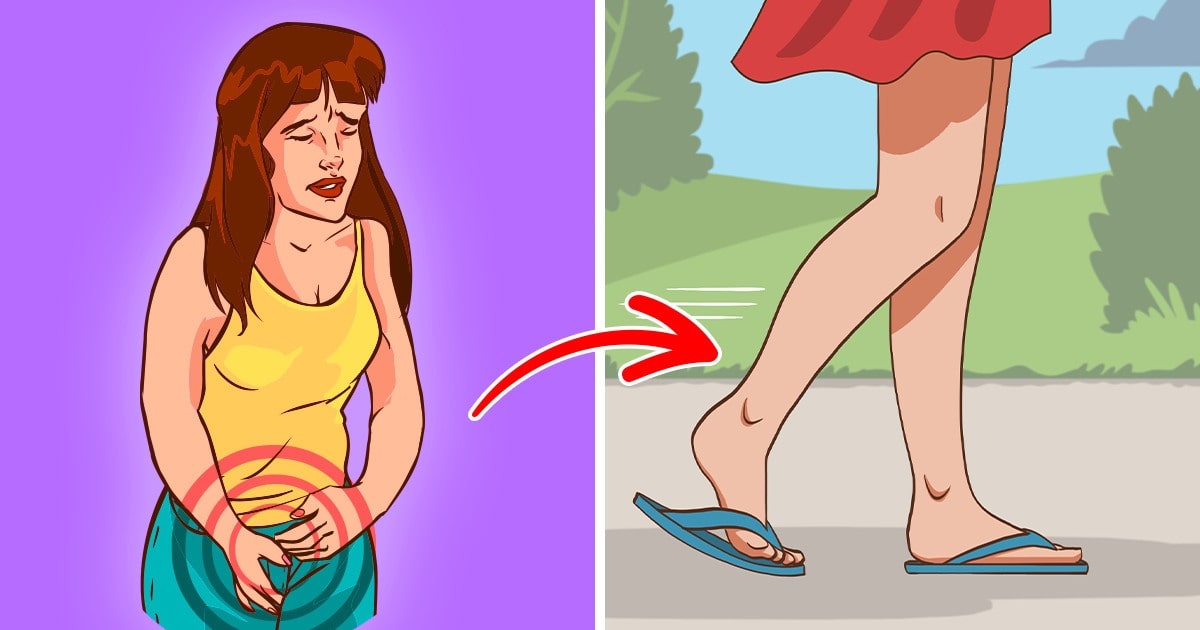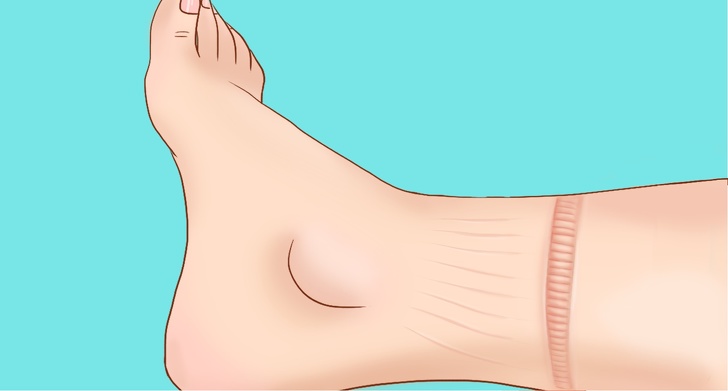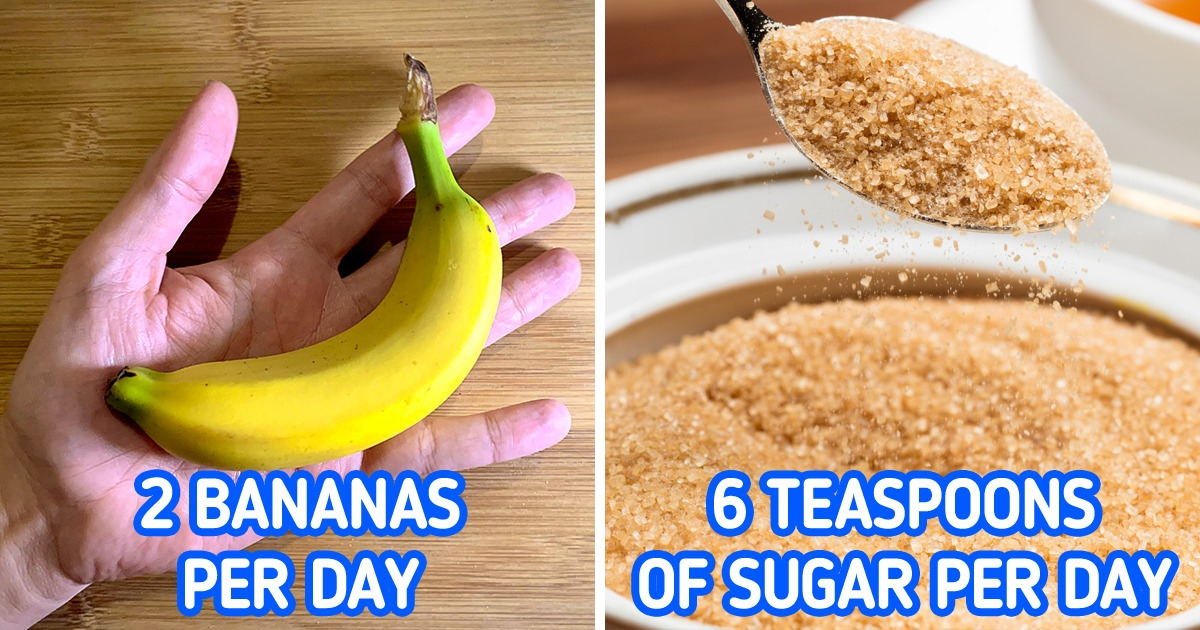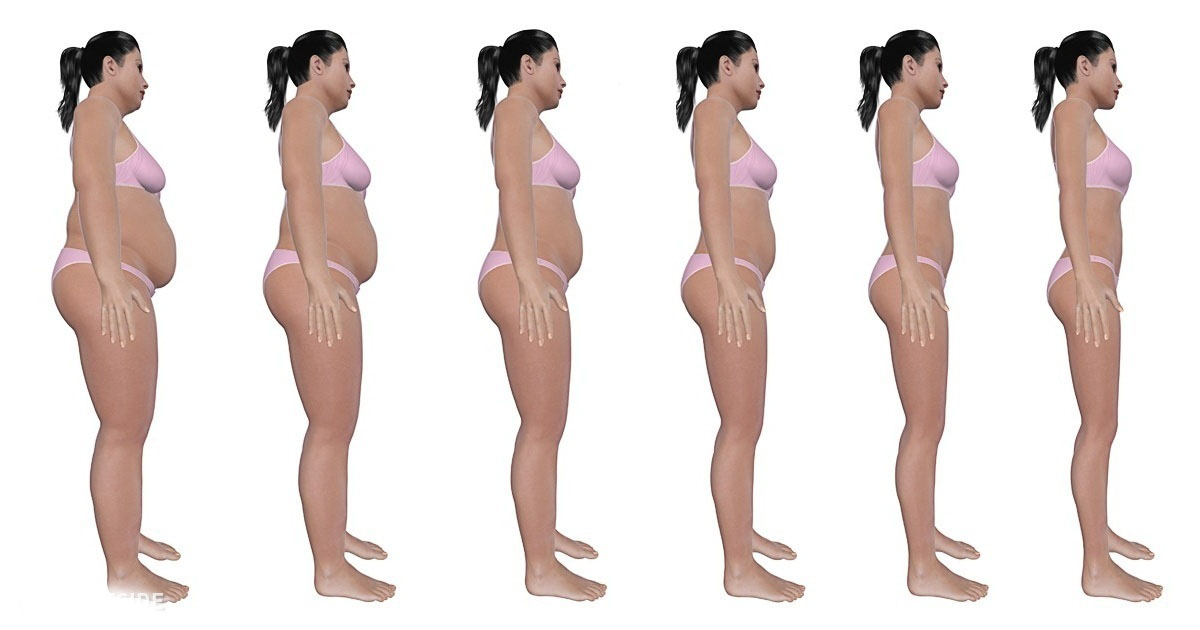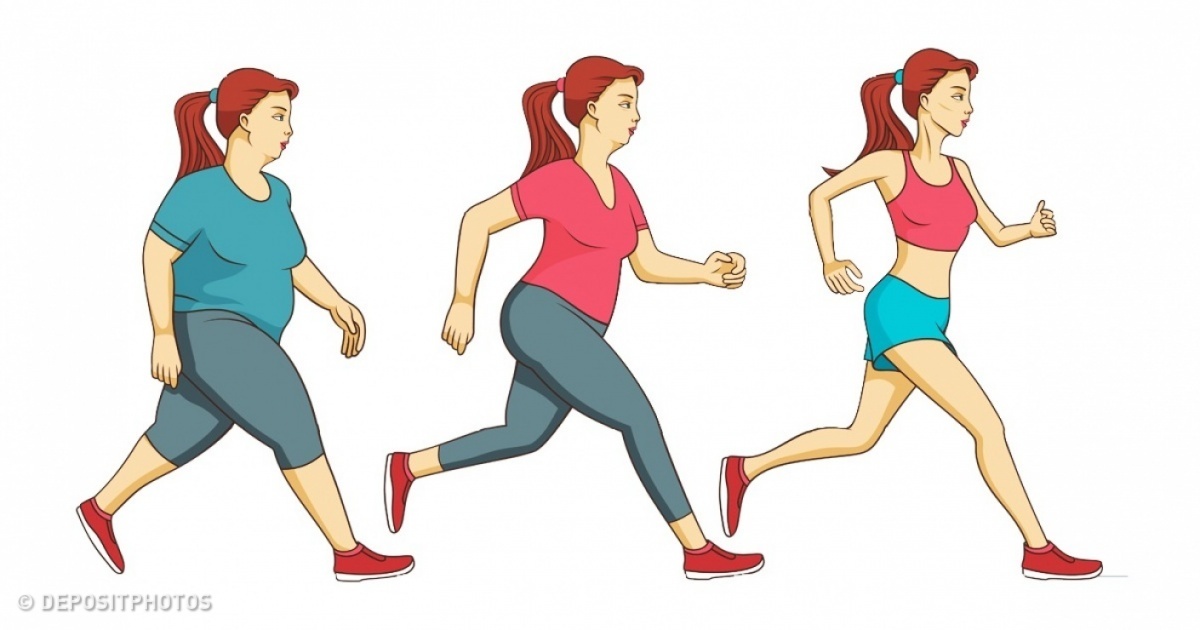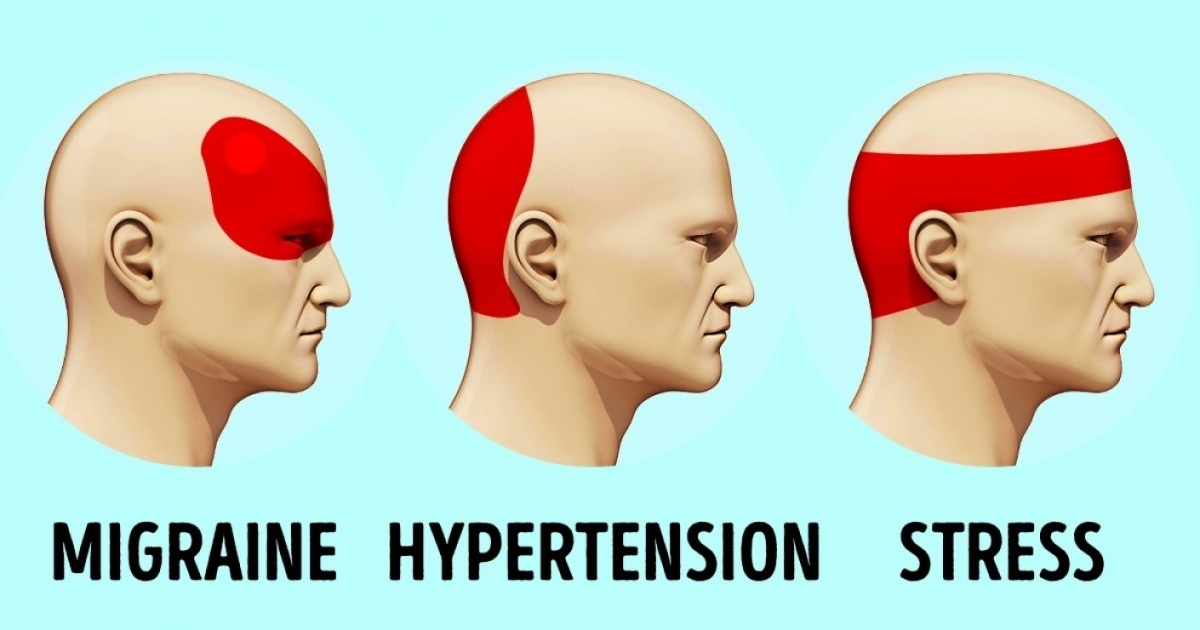I know how valuable time is. I’m one of those people who has the “I need more time” mode turned on. It happens to me mainly because I like to undertake new projects before finishing old ones. I accumulate a lot of work and every second becomes more and more valuable.
I often dream that there are more than 24 hours in a day. And since I can’t change that, I decided to create that extra time on my own. How? Spend only 2 hours a day sleeping.
I want to share the results of my experience with you. I must say that they surprised me and were significantly different from what I expected. But first the most important things.
Monday
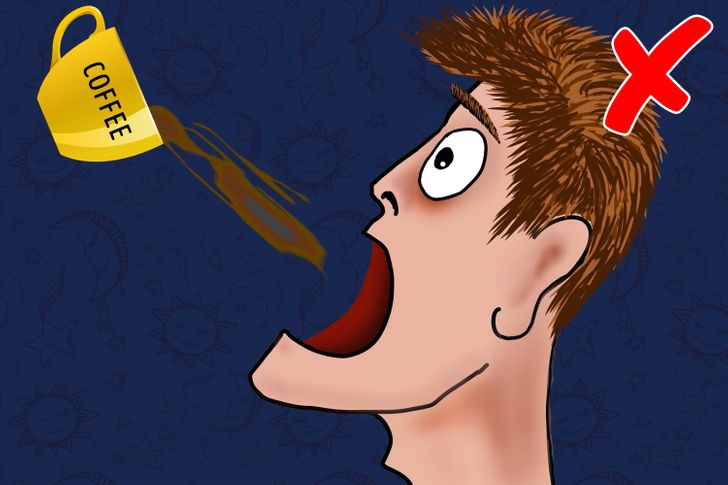
I decided to start my experiment early in the week. As they say, Monday is a good time to start new things and implement new rules in relation to your daily routine.
Instead of falling asleep at night, I divided my 2-hour sleep into 20-minute naps. And the first results did not take long to appear.
I thought I would constantly yawn and search for coffee. But everything happened just the reverse of how I thought it would happen. I was focused, fell asleep and woke up after naps with no problems, and felt rested.
Tuesday
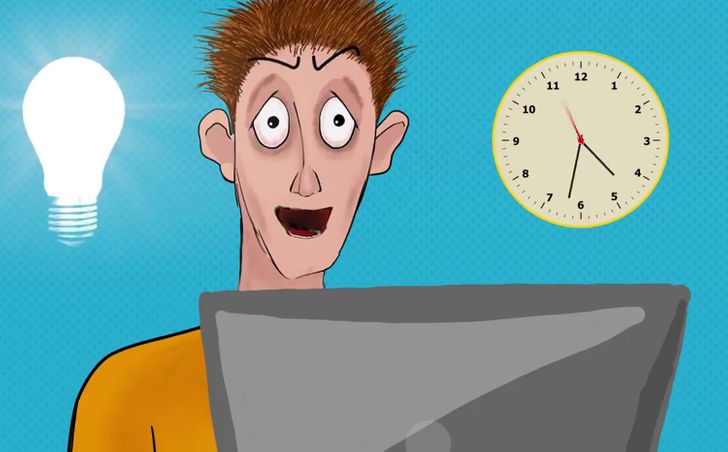
The situation began to change on the second day. My productivity was not that high. I didn’t want to work, I was just waiting for another nap time, and therefore was only fulfilling part of my usual work obligations.
But my brain still remained focused and sharp. I spent less time learning new information and found cool and interesting solutions every 5 minutes. And I didn’t know what to expect next.
Wednesday

My condition has not changed to this day. I was like a zombie and the world around me stopped bringing me joy. And I wouldn’t know what to do if it weren’t for positive change.
My productivity has increased. Finally, I had that over time that I always dreamed of. And I was able to complete all my projects and even came up with new ideas for new ones.
Although I was able to do all of this, I did not feel joy or relief. More precisely, I didn’t feel anything. My emotional state was far from good, which affected my communication with people. I didn’t want to see, meet, or talk to anyone, even for just a few minutes.
Thursday
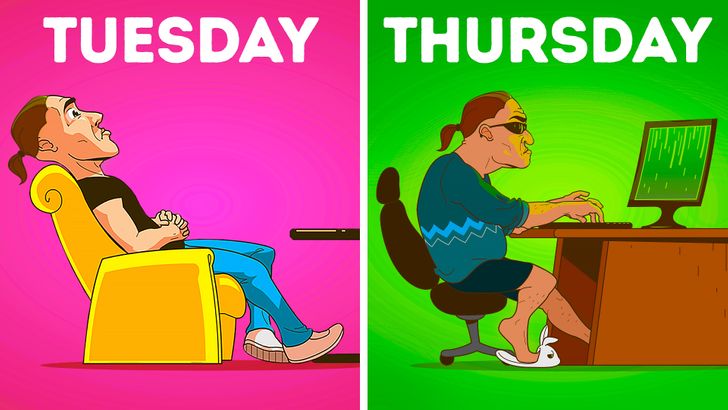
That day there was a turning point. My body was getting used to the new regimen and now I felt like I had fallen asleep an hour after each nap. I must say that my new routine made me happy too.
I no longer wasted time with empty thoughts about what to do, on the contrary, I organized a new agenda. I made time to read, meditate, perform certain tasks, workouts, and other activities. I felt alive, a little, but the constant exhaustion still overwhelmed me.
Friday
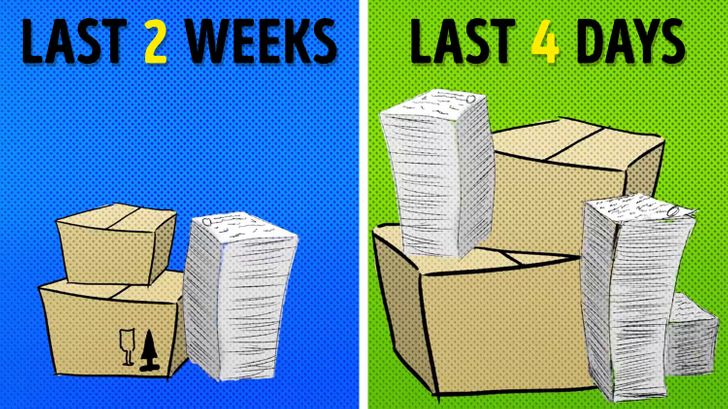
This day I cannot call it joyous at all. I was depressed and felt like everything had turned into a monotonous cycle. Groundhog Day? Exactly! It seemed to me that I was losing my mind.
And looking at myself in the mirror, I couldn’t help but sigh. I saw an exhausted person with big dark circles and gray skin.
Also, my productivity has been reduced. During the experiment, I definitely did more than I had in the last few weeks, but it was boring and mechanical. I was no longer happy with what I loved to do for a living.
As you can understand, this day was difficult for me. And of course, I began to think that my experiment was not such a good idea. At some point, I had the desire to give up, but I still carried on.
Saturday
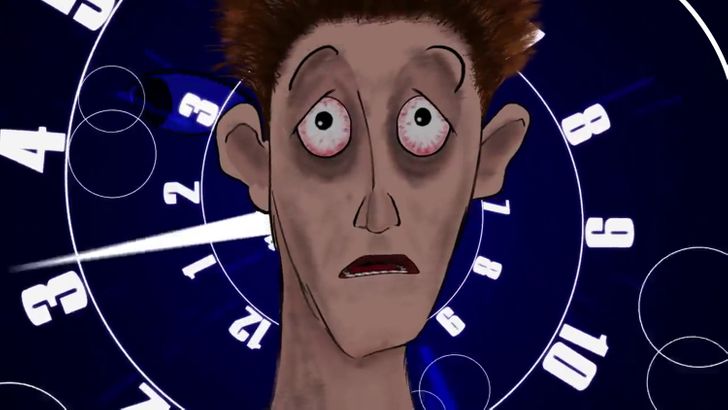
On my day off, I decided to relax. And then I realized that it was a bad idea. I managed to do a lot: I walked in the park, rode my bike, and went to a concert. But I still had nothing to deal with.
Without work, I had nothing to do and had a lot of free time. Time began to pass so slowly that I became more sleepy.
But there was something interesting. I met with my friends who asked me why I was doing this. And then all of a sudden I realized that I didn’t know how to answer.
After all, I had already completed all my tasks at work, so I wanted extra time. And it would be possible to stop the experiment on Friday, but I wanted to finish it.
Sunday
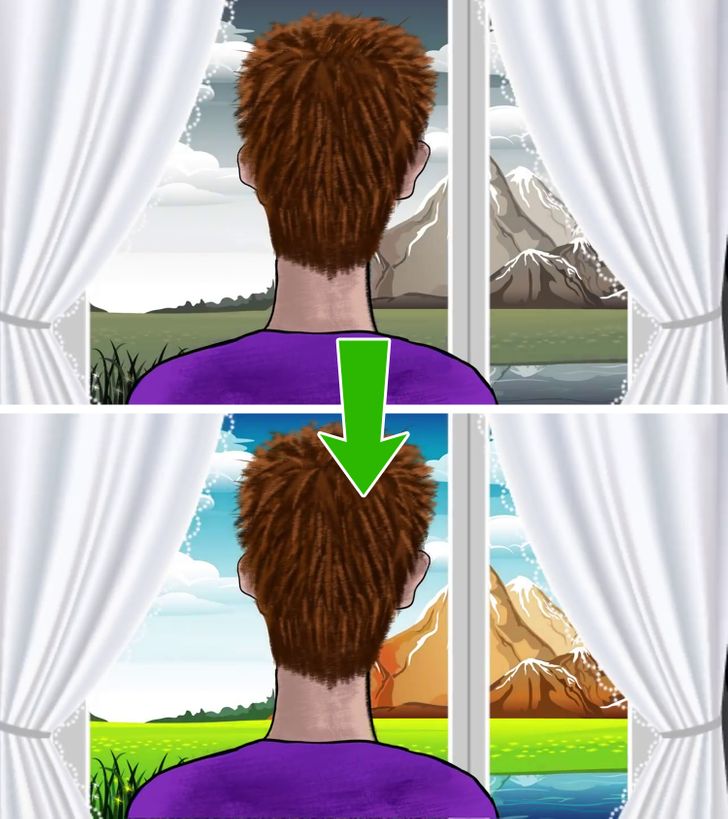
Contrary to my stubbornness and desire to prove my will to myself, Sunday accidentally turned into a cheat day.
Thanks to an alarm clock that didn’t work, I slept 12 hours. Instead of waking up at 2:20 in the morning. after my usual nap, I got up at 2 in the afternoon. And it was great!
I slept well, I felt rested, the world around me was no longer a gray blur. I was alive again and it was an incredible feeling. I kind of failed my experiment, but it didn’t really make me feel bad. I was ready to enjoy life, myself, and the world.
Conclusion
Looking back on those 6 days, I can’t say that this experience was terrible. Although the results were debatable. At first glance everything was fine and I fulfilled my monthly plan in 5 days.
But I was so tired and exhausted that it affected the quality of the work. And I had to redo many tasks. I have already mentioned my desire for communication during the experiment or, more precisely, the lack of it.
And as for my health and appearance, I have also had disappointing results. I started to look much worse and older than my current age. Despite regular training, I gained weight.
And sometime in the middle of the experiment, I was struck by terrible headaches. But everything returned to normal after the experiment ended.
And you know what? I definitely do not recommend this regimen or this lack of sleep. I do not advise you to repeat my experience and try to dedicate more time to work while saving sleep.
It is better to abandon a new project if you understand that you do not have enough time. Sleeping is an opportunity to rest and recover. Do not deprive yourself of this.
Do you have time to do all the tasks you have planned? Have you slept less so you have more time to work? Tell us your stories in the comments.

